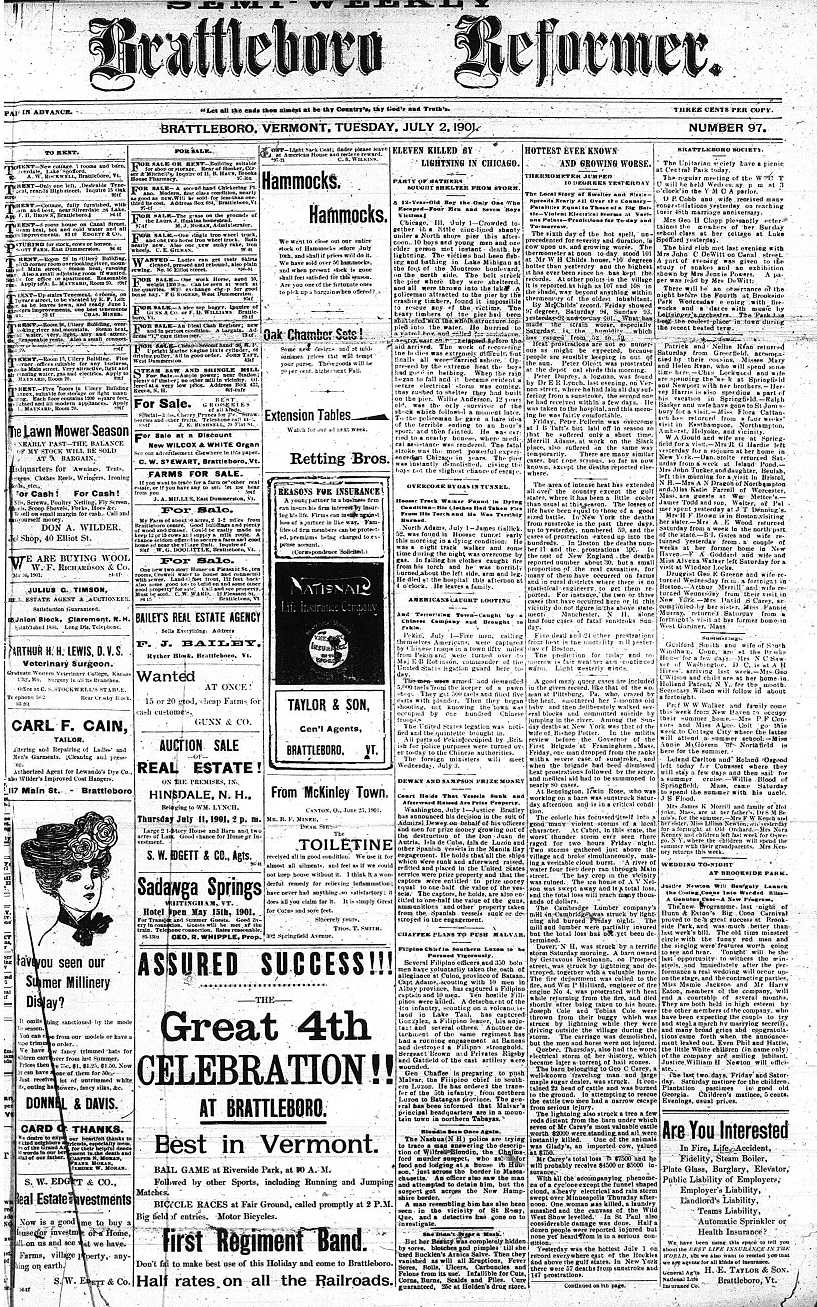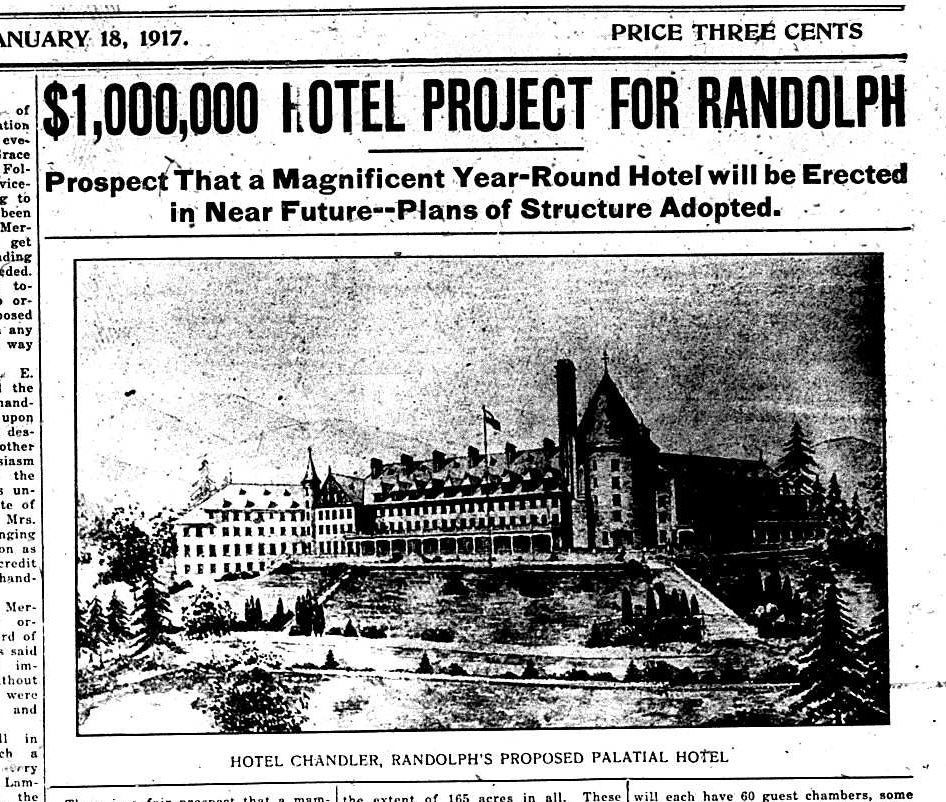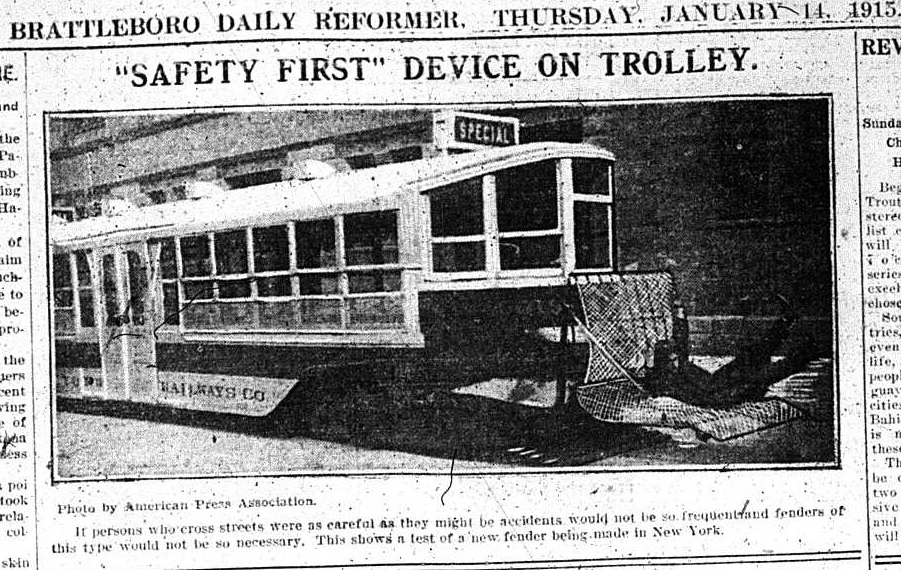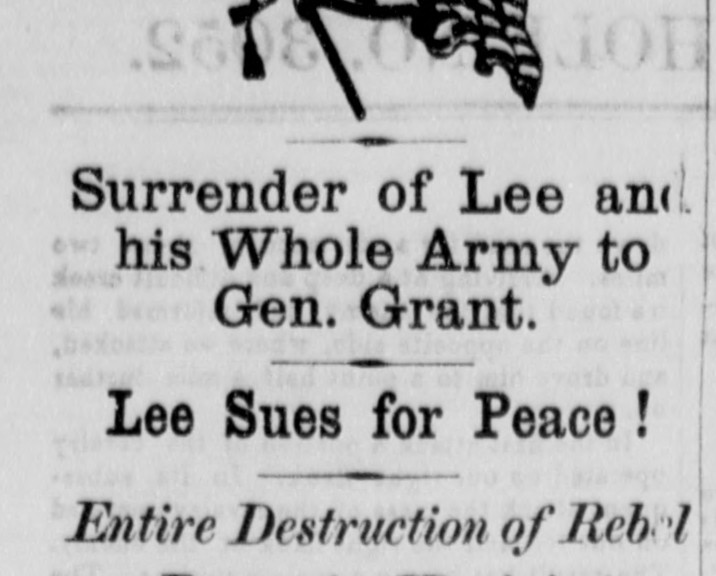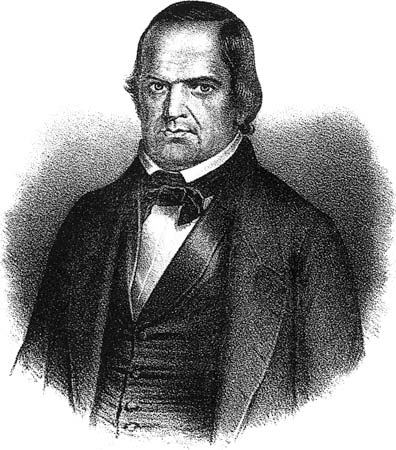One of Vermont’s most unique newspapers, the Londonderry Sifter, will be added to Chronicling America during the third phase of the Vermont Digital Newspaper Project. The story of the Sifter, a weekly paper that served southern Vermont’s West River Valley from 1883 to 1922, is primarily the story of its founder and long-time editor, George T. Shanks.
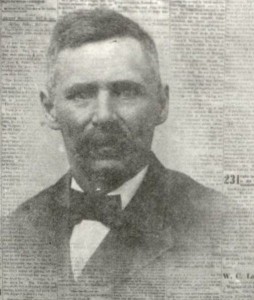
Shanks was a self-taught printer who started the paper in South Londonderry with no previous newspaper experience. Until 1890, the Sifter displayed lines from the poet John Dryden, “When yellow sands are sifted from below, the sifting billows give a golden glow,” below the title on the front page. Shanks sifted the news to present columns such as “Sifterlets—Short and Snappy” and “State News—Through the Sifter’s Sieve.” He admonished local
correspondents to “sift it” and present only “the pure gold, sharp and to the point.” Shanks was known as Sifter John, even on the paper’s masthead.
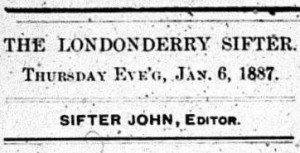 Continue reading The Londonderry Sifter: Sharp and to the Point
Continue reading The Londonderry Sifter: Sharp and to the Point

